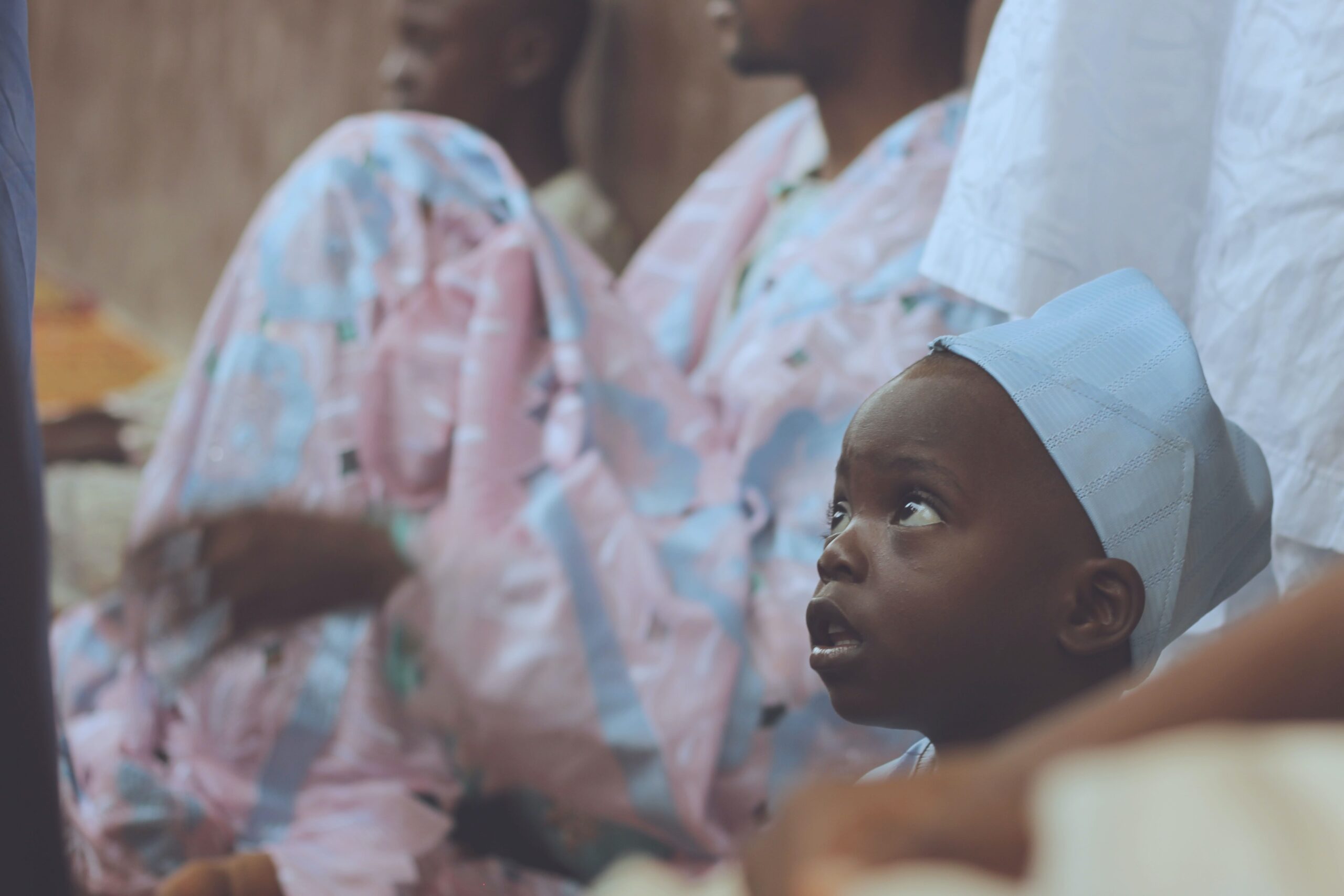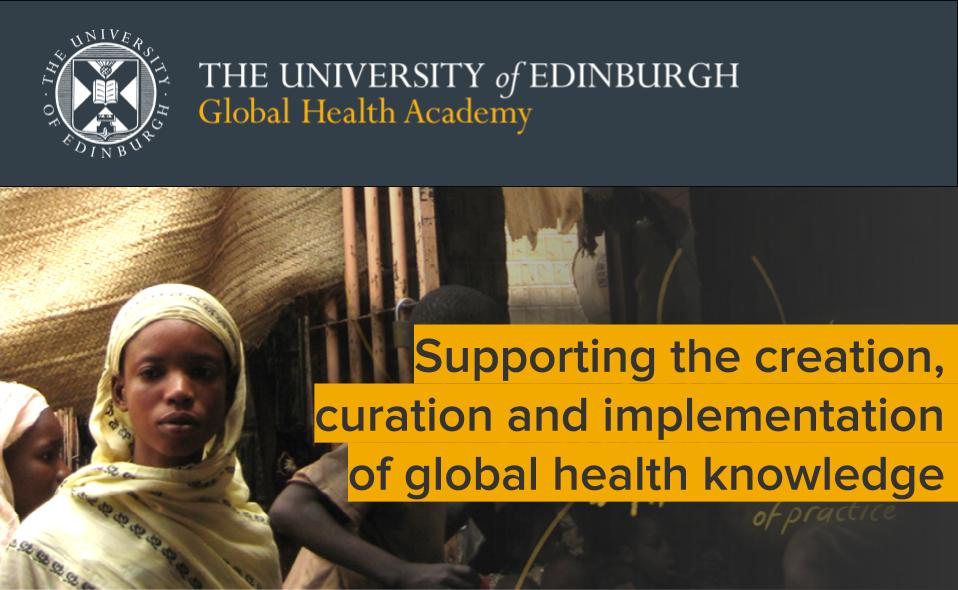Starting Out Early

It is a hot, humid day in mid-June, 2011 in this remote village in Niger state, Nigeria. The state is in a low development region with poor health indicators. I am a newly qualified doctor and have just concluded a Lot Quality Assurance Sampling (LQAs) assignment for the state office of the World Health Organization (WHO). The LQAs is a method of assessing the vaccination coverage after the supplementary polio immunization campaigns. I am at the home of Mallam Adamu, a middle aged, poor peasant farmer. Adamu is married with 6 children, 3 of which are under the age of five and therefore eligible for the polio immunization.
He is visibly angry and in a loud voice yells “tefi” in Hausa, the local language to myself and my translator. “Tefi” means “go away”. My translator tells me that for the past 6 months, he has barred his 3 eligible children from receiving polio immunization. He has been reported to the Mai angwa (the local community chief) but he is adamant.
When he learnt I was a doctor, he visibly relaxed and we sat down on a mat in front of his mud house to chat. He has 6 kids and they have all received routine immunization. However, he wonders why the need for the yearly polio immunizations and wonders when they will cease. He has heard the rumours; these polio vaccines were created by the West to cause sterility among his people and he would never compromise the safety of his children. “Lekita, do you have kids?” he asked and I replied “no”. He shook his head slowly.
I proceeded to explain that the rumours are untrue. The vaccines are safe and nobody would deliberately administer a vaccine that can harm kids including myself. Perhaps I answered his questions satisfactorily or he believed me as a medical person but I learnt that on the next round of polio immunization he had allowed his kids to be vaccinated. The encounter however made me realise that I did not have enough answers myself!
As a healthcare provider, just how well did I know these vaccines that I confidently recommended for babies? How is their safety and effectiveness assessed? Yes, while undergoing paediatrics and family medicine training in medical school, I had received lectures on vaccination but there was a knowledge gap that could impact my ability to perform in this field. Three years after this encounter another incident would motivate me to gain more expertise in vaccinology.
This time, I was working at the paediatrics department of a large district hospital in another state in northern Nigeria. One morning a neonate who had been delivered at the hospital, given his first dose of birth vaccines which included the Bacillus Calmette Guerin (BCG) vaccine against tuberculosis and discharged home the previous day was rushed to the paediatric emergency room where I was stationed. His parents were visibly distraught- their son had a fever and a large swelling on his left upper arm, the BCG vaccine injection site. My team had admitted the baby for observation and he was discharged home 3 days later. Before being discharged, his father, a teacher in one of the state owned secondary schools confided in me that he may be unwilling to let the child receive further childhood vaccination and I had to spend considerable time reassuring him. Vaccines are administered to healthy people, usually kids, so there is a low tolerance for any risk and moreover, despite being generally very safe, an Adverse Event Following Immunization (AEFI) can occur, although not usually caused by the vaccine.
Vaccination has been a useful tool in the control of infectious diseases. It led to the eradication of small pox, the first disease to be eradicated through vaccination. Equally, progress is being made towards the elimination of another disease, polio. However, these feats recorded by vaccination paradoxically are beginning to lead to a tendency from the public to question the need for further vaccination and in some cases have led to outright refusal of parents to have their children vaccinated. Tragically this could lead to the resurgence of previously controlled diseases, for example, measles is resurfacing in some high income countries.
All of this must be a wake up call for Global Health. Across Africa, there are instances where rumours have derailed vaccination campaigns requiring intense advocacy to regain public trust and restart the campaigns. Derailment is not only a political problem, derailment is a matter of life and death.
There is a need for a pool of well-trained local scientists in all spheres-research and development, academia, national regulatory agencies to engage with their communities and advocate for vaccination. Everyone has a right to know and to hear in their own language. The public will need to be constantly reassured by their own sons and daughters. We cannot afford to wait until it is too late.
Dr Edem Bassey is an online scholar of the MSc in Global Health and Infectious Diseases at the University of Edinburgh. He works at the Medical Research Council, Unit the Gambia at the London School of Hygiene and Tropical Medicine (MRCG at LSHTM) as a research clinician where he is involved in the clinical trial of life saving vaccines for the developing world.




